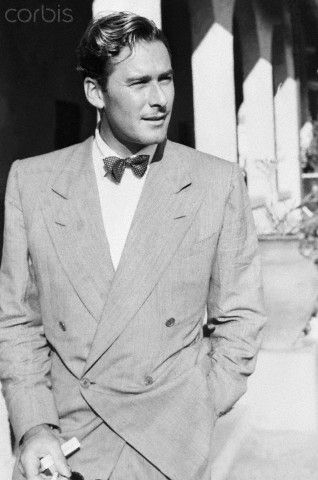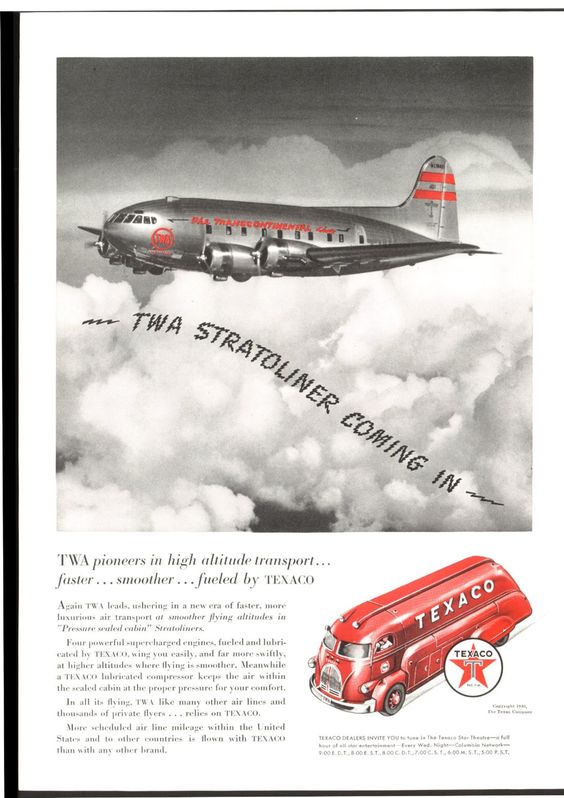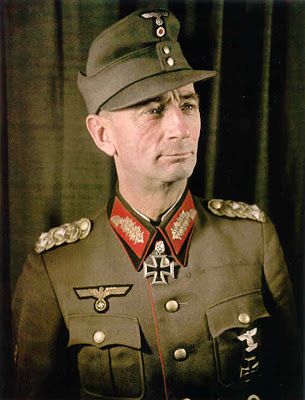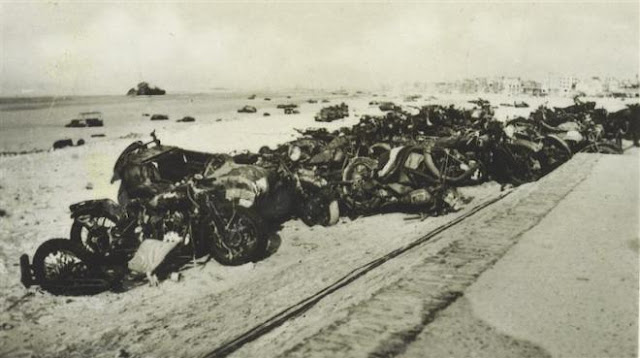Monday 10 June 1940
 |
| Mussolini announces that Italy is at war from the balcony of the Palazzo Venezia on 10 June 1940. |
An hour appointed by destiny has struck in the heavens of our fatherland. The declaration of war has already been delivered to the ambassadors of Great Britain and France. We go to battle against the plutocratic and reactionary democracies of the west who, at every moment have hindered the advance and have often endangered the very existence of the Italian people...
Everybody knows that the Italian military is no threat. British Prime Minister Winston Churchill, who specializes in wisecracks about Italian military weakness, comments:
People who go to Italy to look at ruins won’t have to go as far as Naples and Pompeii again.Canada (Prime Minister W. L. MacKenzie King) quickly declares war on Italy, perhaps to make up for its somewhat tardy declaration against Germany in September 1939. Italy breaks diplomatic relations with Poland, and Belgium breaks diplomatic relations with Italy.
General Erwin Rommel continues his own separate campaign against the French IX Corps and British 51st (Highland) Division, reaching Dalles near Dieppe. The Seventh "Ghost" Division continues pressing the Allies into a pocket along the coast north of Le Havre (St-Valery-en-Caux) which resembles the Dunkirk situation of May, though on a much smaller scale. The Royal Navy begins Operation Cycle for the evacuation of this trapped force along the coast. The Allies evacuate 3321 men from St-Valery-en-Caux and 11,059 men from Le Havre, with 9,000 of the latter trans-shipped to Cherbourg and the remainder taken to England.
Panzer Group Guderian advances in the direction of Chalons-sur-Marne. French 3rd Division Cuirasse de Reserve (DCR) attacks Guderian's spearhead at Juniville with 86 Char B and Hotchkiss 35/39 tanks. The French counterattacks take about two miles of occupied territory back and destroy about 100 German armored vehicles. General Guderian, who always leads from the front, personally mans a captured French 47 mm anti-tank gun and finds that the Char B tanks are impervious to direct hits. It is a real, but minor, French success with no lasting impact.
The French line at Péronne proves obstinate, so 16th Panzer Corps sidesteps it and support Panzer Group Guderian.
The German 38th Corps (Manstein) crosses the Seine west of Paris.
Wehrmacht troops gain ground across the Aisne.
Italian forces prepare to invade French territory in the Alps from Savoy. The French do not divert any additional troops there.
The French government declares Paris an open city. German 18th Army advances toward the city.
Battle of the Atlantic: The Italian fleet joining the Axis theoretically changes the balance of power within the Mediterranean. Italy has two battleships at sea and four more on the way, along with a large support fleet. Of perhaps more interest to the Kriegsmarine, Italy has 116 submarines, which ranks as the largest such force in the world. A major imponderable, though, is what happens to the very large French fleet, which would nullify any Italian naval advantage in the Mediterranean.
The Luftwaffe badly damages Royal Navy destroyers HMS Bulldog and Boadicea, killing six sailors.
Stukas catch and sink Royal Navy armed boarding vessel VanDyck off Åndalsnes, Norway. Seven crew perish, the rest wind up in Norway and become POWs.
Italian submarines begin operations in the Red Sea from Massawa, Eritrea.
Norwegian freighter Sverre Sigurdsson hits a mine laid by French submarine Rubis in the North Sea.
German raider Atlantis captures Norwegian freighter Tirranna in the Indian Ocean and sends it with a prize crew to Italian Somaliland.
The last Allied troops leaving Norway pursuant to Operation Alphabet reach the Clyde at 06:00.
Convoy OA 165 departs from Southend, Convoy OB 165 departs from Liverpool.
European Air Operations: The RAF Skuas from aircraft carrier Ark Royal attack Kriegsmarine pocket battleship Scharnhorst at Trondheim.
 |
| General Rodolfo Graziani commands Italian forces in Libya. |
US Navy: Heavy cruiser USS Vincennes (CA 44), escorted by destroyers USS Truxton (DD-229) and Simpson (DD-221) depart Casablanca, Morocco loaded with French gold, bound for New York.
Destroyer USS Dickerson (DD-157) arrives in Lisbon loaded with US citizens from Casablanca who wish to return to the US aboard the liner Washington, which also arrives in Lisbon.
US/French Relations: Prime Minister Reynaud asks President Roosevelt for "all moral and material support."
British Government: Minister of Information Duff Cooper reacts to the Italian decision:
[he] has declared war upon the Allies with whom Italy fought in the last Great War and who … saved Italy from destruction.Canadian Government: Defence Minister Norman McLeod Rogers, 45, dies in a plane crash.
US Government: At the University of Virginia commencement, President Roosevelt comments on the Italian declaration and the influence of "gods of force and hate":
On this tenth day of June 1940 the hand that held the dagger has struck it in the back of its neighbor.Norwegian Government: King Haakon and the rest of the Norwegian Government-in-exile arrives in London.
 |
| Errol Flynn on vacation in Puerto Rico, June 10, 1940. |
The government is compelled to leave the capital for imperative military reasons....The French government officials are busy burning official documents. One of them in the Ministry of Foreign Affairs in Paris sets his chimney on fire.
Norway: The last Norwegian troops lay down their arms pursuant to the order of Commander-in-chief Otto Ruge.
China: At the Battle of Tsaoyang-Ichang, the Japanese 11th Army captures Kulaopei and Tangyang and pushes to the outskirts of Ichang.
British Homefront: There are anti-Italian riots in major cities across the UK. The police make 100 arrests in Edinburgh alone.
American Homefront: The NY Times notes the dangers afoot:
The idea that neutrality brings safety is gone. There can be no security, no peace, while Hitler is in the saddle."Back to Africa" advocate Marcus Garvey passes at age 52.
 |
| A Texaco advertisement in Time Magazine, June 10, 1940. |
June 1, 1940: Devastation at Dunkirk
June 2, 1940: Hitler Visits France
June 3, 1940: Operation Paula
June 4, 1940: We Shall Fight
June 5, 1940: Fall Rot
June 6, 1940: Weygand Line Crumbling
June 7, 1940: British Evacuating Narvik
June 8, 1940: Operation Juno
June 9, 1940: Norway Capitulates
June 10, 1940: Mussolini Throws Down
June 11, 1940: Paris an Open City
June 12, 1940: Rommel at St. Valery
June 13, 1940: France Goes Alone
June 14, 1940: Paris Falls
June 15, 1940: Soviets Scoop Up Lithuania
June 16, 1940: Enter Pétain
June 17, 1940: The Lancastria Sinks
June 18, 1940: A Day of Leaders
June 19, 1940: U-boats Run Wild
June 20, 1940: Pétain Wilts
June 21, 1940: Hitler's Happiest Day
June 22, 1940: France Is Done
June 23, 1940: Hitler in Paris
June 24, 1940: Six Million Jews
June 25, 1940: German Celebrations
June 26, 1940: USSR Being Belligerent
June 27, 1940: Malta in Peril
June 28, 1940: Channel Islands Bombed
June 29, 1940: Gandhi Insists on Independence
June 30, 1940: Channel Islands Occupied
2020



